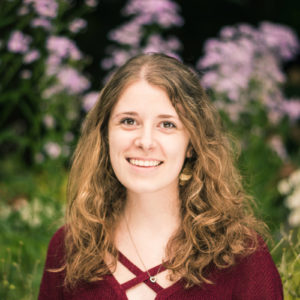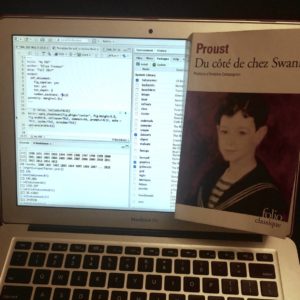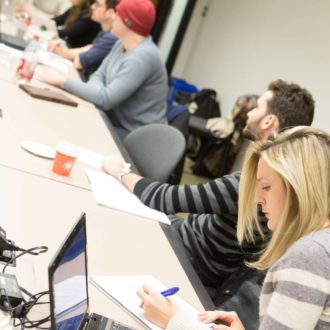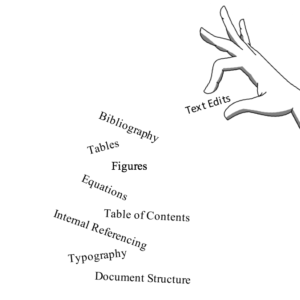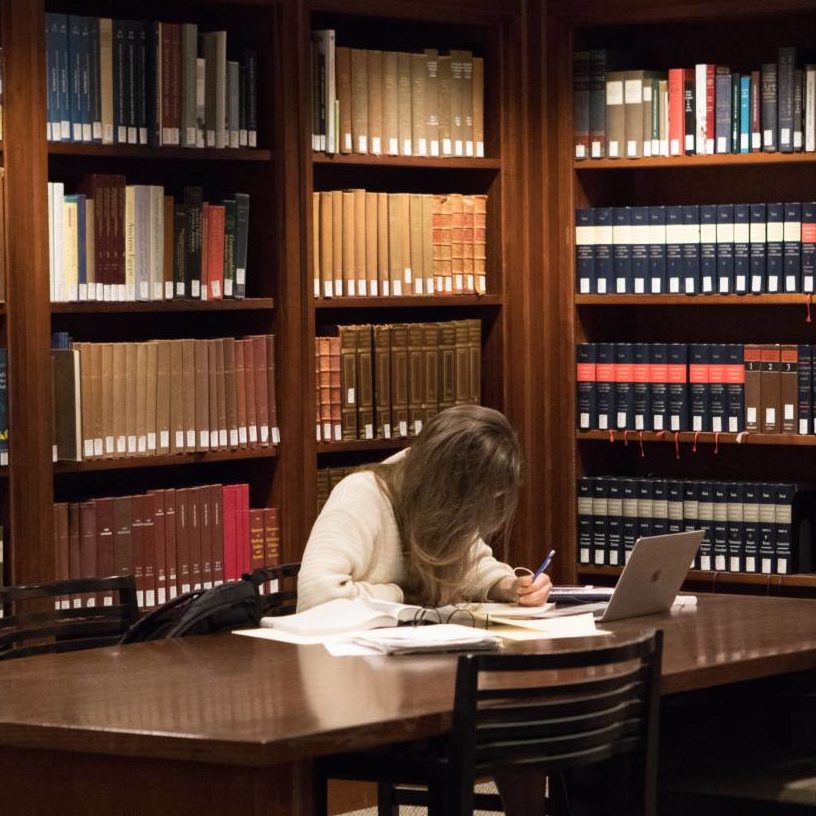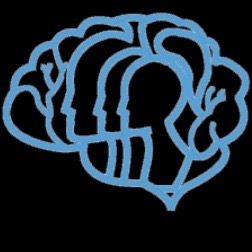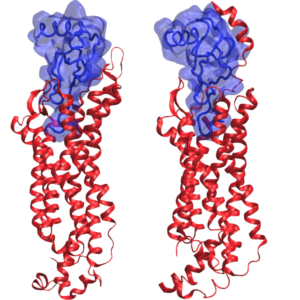A continuation of my last post, in which I describe my experience starting to work as a research assistant at a Chemical and Biological Engineering lab here at Princeton. My work began in 10th grade and ended early this year.
Several months in, I felt like I was finally getting my footing. I had expanded my knowledge enough that I could understand, and make meaningful contributions to, the research project. I was working on computationally modeling the 3D structure of one of the protein receptors that HIV-1 uses to infect human cells. This receptor can bind either to HIV-1 or to other proteins (ligands), and when these ligands are bound to the receptor, they block the entry of HIV-1. By modeling these structures, we hoped to design a synthetic protein that could block HIV-1 infection by binding to the receptor.
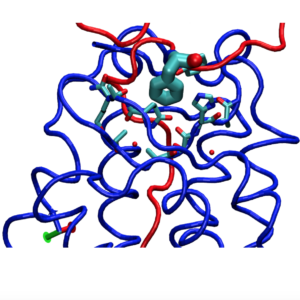
A few days after I returned home for the rest of the summer, I opened up an email from my post-doc supervisor and felt my heart skip a beat.
“Please write the introduction for our paper on modeling the structures of HIV-blocking proteins over the next two weeks.”


